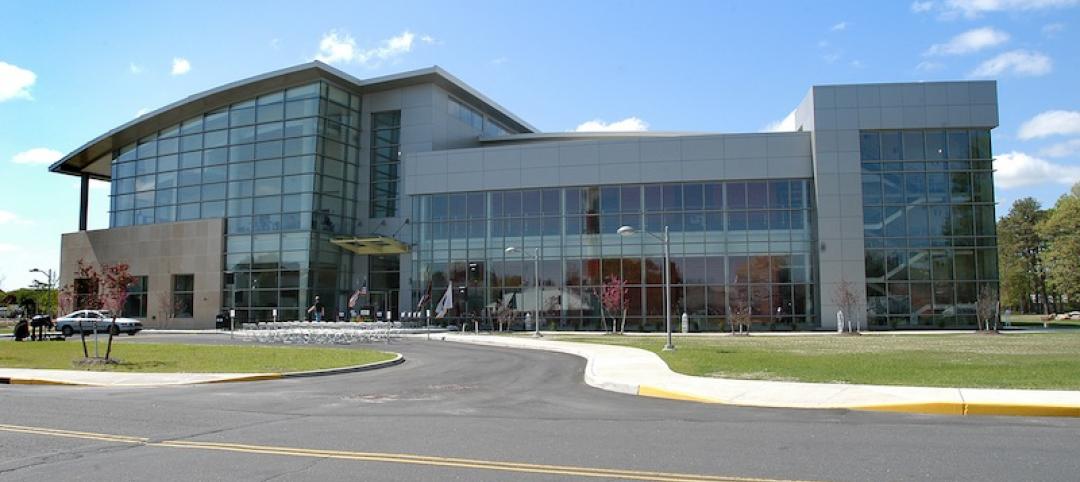Although LEED has advanced sustainability in the built environment, it hasn’t kept up with the accelerating urgency of climate change or the availability of low and no-cost ways to deeply cut carbon, says Greg Kats, president of Capital E.
Kats is a clean energy investor and was the first recipient of the U.S. Green Building Council Lifetime Achievement Award. He cites a 60% cost reduction of residential solar since 2010 that “make these now the cheapest electricity source in most states.”
Also, rapid growth in the ability to buy onsite and offsite solar and wind under power purchase agreements (PPAs) allows building owners to buy carbon-free power at a fixed price at or below conventional utility rates, Kats says. “Many buildings receiving LEED Silver, Gold, and even Platinum ratings deliver an anemic 15% or 20% lower energy use and CO2 reduction,” he says.
Kats and other environmental leaders have submitted a proposal to USGBC in support of minimum levels of carbon reduction by level of LEED certification. “LEED immediately should be revised to require substantial minimum carbon reductions for each level of LEED certification, both for new LEED buildings and for LEED rating renewals,” Kats says.
Related Stories
| Mar 14, 2013
Possible tax code changes prompt action from various industries, including construction
With Congress potentially tackling tax reform, businesses, trade groups and others are jockeying to get their voices heard.
| Mar 14, 2013
Concrete Polishing Association of America releases new standards
The Concrete Polishing Association of America(CPAA) Standards Committee, which reflects a cross-section of the concrete polishing industry, has created terminology to define the products and processes used to produce insitu polished concrete.
| Mar 14, 2013
World Green Building Council: Green buildings help mitigate real estate risk
Green buildings can offer benefits to a wide array of stakeholders throughout their life cycle, according to a report released by the World Green Building Council.
| Mar 14, 2013
Sustainability index aims to evaluate REITs on the greenness of their properties
FTSE Group, the National Association of Real Estate Investment Trusts, and the U.S. Green Building Council are working on a sustainability index that measures the portfolios of real estate investment trusts to provide transparency about LEED certification and Energy Star ratings.
| Mar 6, 2013
OSHA: Employers must post injury and illness summaries
The Occupational Safety and Health Administration is reminding employers to post OSHA Form 300A, which lists a summary of the total number of job-related injuries and illnesses that occurred during 2012.
| Mar 6, 2013
Study provides guidance to states on linking utility efficiency programs with energy codes
As states increasingly look to utilities to play an active role in supporting building energy codes, a new report from a coalition of energy efficiency advocates, has been issued to provide guidance for how state regulatory commissions and energy offices can best develop and evaluate such efforts.
| Mar 6, 2013
Triple-pane windows, heat pumps part of New York’s plan to meet 2050 emissions goal
Renovations providing better insulation, triple-paned windows, heat pumps and other techniques that minimize heat loss and save on energy use for residential and commercial buildings are key to New York City’s goal of reducing its carbon emissions by 90% by 2050.
| Mar 6, 2013
EPA asks for feedback on Energy Star criteria on tubular daylighting devices and skylights
The U.S. Environmental Protection Agency (EPA) has requested feedback from stakeholders about draft two of the Energy Star tubular daylighting devices (TDD) and revised skylight criteria.
| Mar 6, 2013
AAMA moves to streamline windows, doors certification extensions
The American Architectural Manufacturers Association (AAMA) says it will update an interim procedural guide that will provide a documented, optional process to extend current, unexpired AAMA product certification.
| Feb 26, 2013
Tax incentive database for reflective roofs available
The Roof Coatings Manufacturers Association (RCMA) and the Database of State Incentives for Renewables & Efficiency (DSIRE) created a database of current information on rebates and tax credits for installing reflective roofs.









